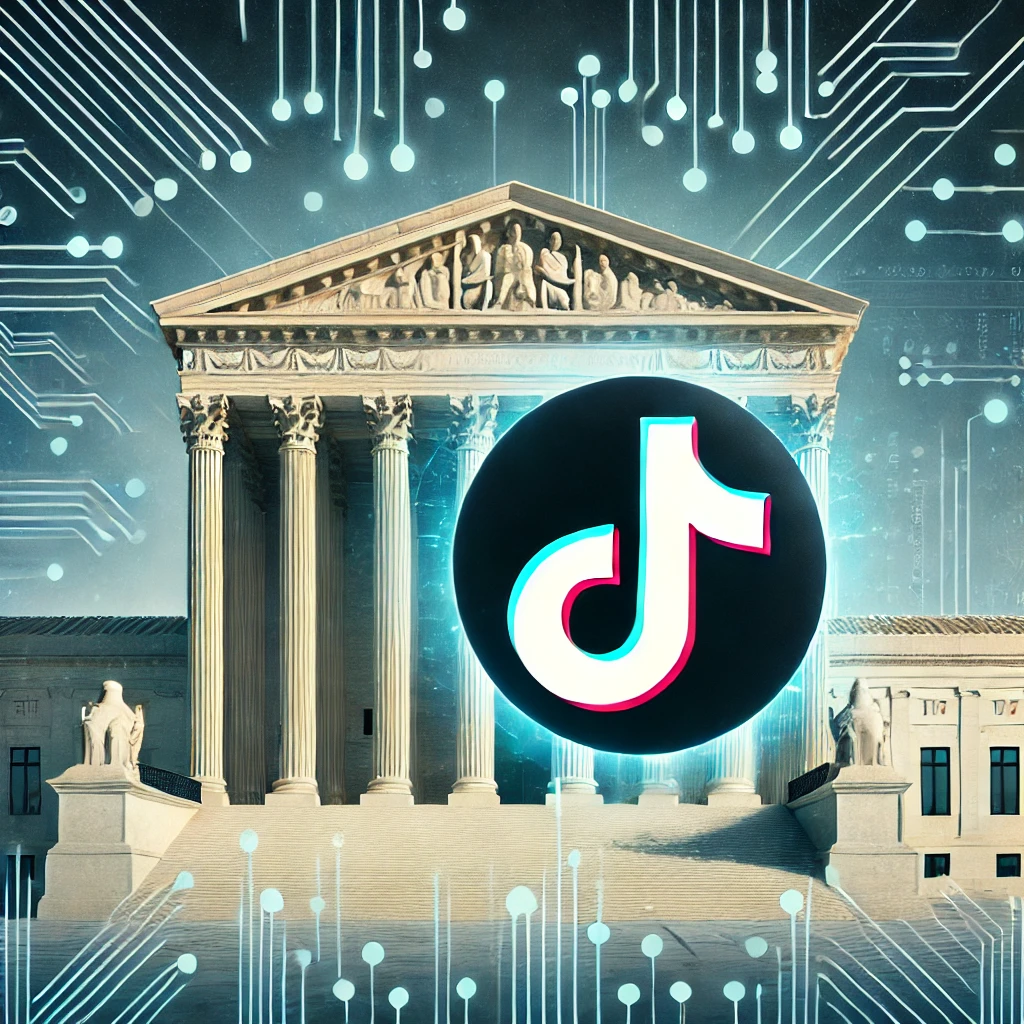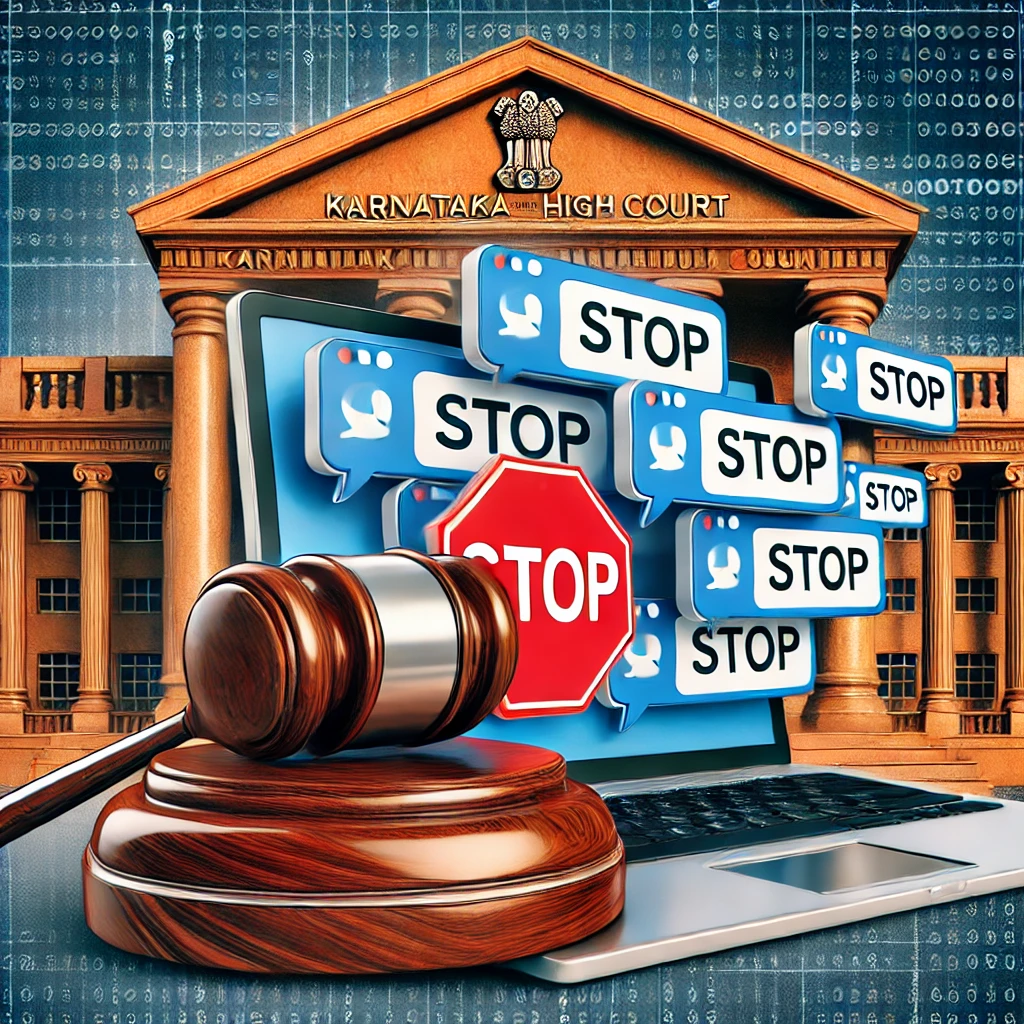Media laws at Solomon Islands
The media landscape in the Solomon Islands has experienced significant challenges to press freedom in recent years, particularly under the administration of Prime Minister Manasseh Sogavare.
Media Laws and Press Freedom
1. *Emergency Powers Act (Amendment, 1999)
In 1999, during a period of ethnic conflict, the government amended the Emergency Powers Act to impose stringent regulations on media reportin. These amendments criminalized the publication or broadcast of content that could incite violence, cause racial disharmony, or be prejudicial to national securit. Violations could result in imprisonment for up to two years or a fine of SI$5,000 (approximately US$1,050)
2. *Solomon Islands Broadcasting Corporation (SIBC) Regulations
In August 2022, the government mandated that all content on the national broadcaster, SIBC, be vetted by a government representative before airin. This directive aimed to ensure that only content portraying the government positively would be broadcast, effectively curbing independent journalism and raising concerns about the erosion of democratic principles
3. *Restrictions on Foreign Journalists
The government has also imposed restrictions on foreign journalists, particularly those critical of its policie. In August 2022, the Prime Minister's Office warned that journalists who were not "respectful" or engaged in "racial profiling" in their reporting could face entry ban. This move has been criticized as an infringement on press freedom and an attempt to control international coverage of the country's affairs
📰 Press Freedom and International Respons
International organizations have expressed concern over the deteriorating press freedom in the Solomon Islans. The International Federation of Journalists (IFJ) condemned the government's actions as an "assault on press freedom" and called for the immediate reinstatement of independent broadcasting arrangements. Similarly, the Committee to Protect Journalists (CPJ) criticized the imposition of harsh media regulations during the ethnic tensions in 1999, which threatened journalists with imprisonment or fines for reporting that could incite violence or prejudice national security
📺 Media Landscae
The Solomon Islands' media landscape is characterized by limited diversity and independence. The national broadcaster, SIBC, has faced increasing government control, undermining its role as a public service broadcase.Local media outlets often operate under constraints, and foreign journalists encounter barriers to reporting frel.These developments have led to a decline in the quality and diversity of news coverage, affecting the public's access to independent informaton.




















0 comments